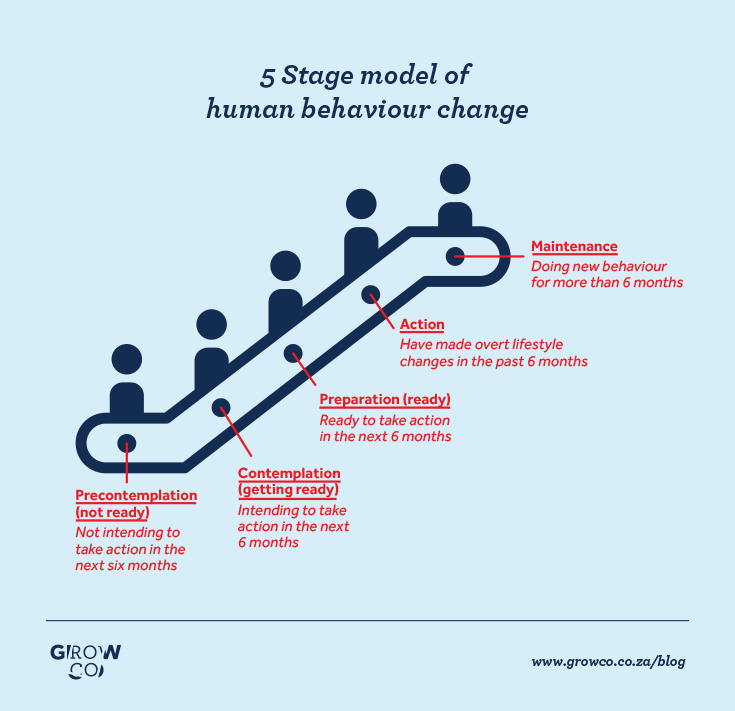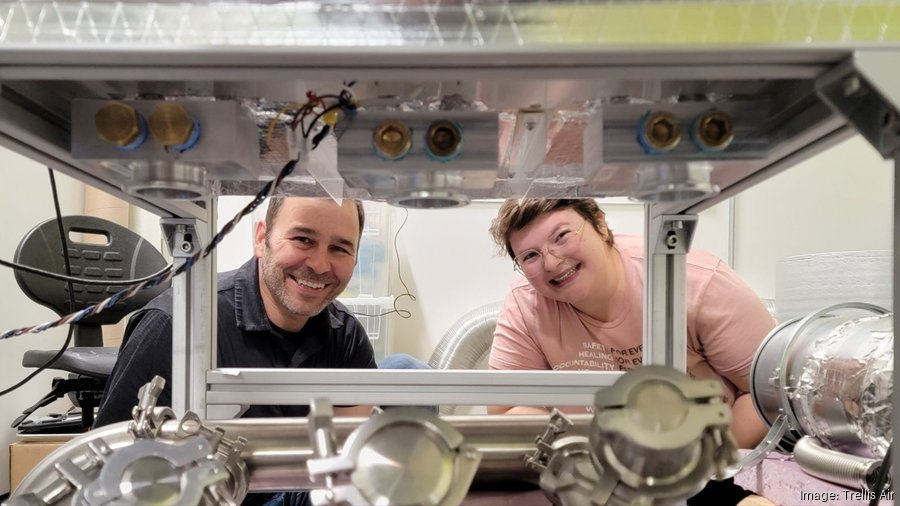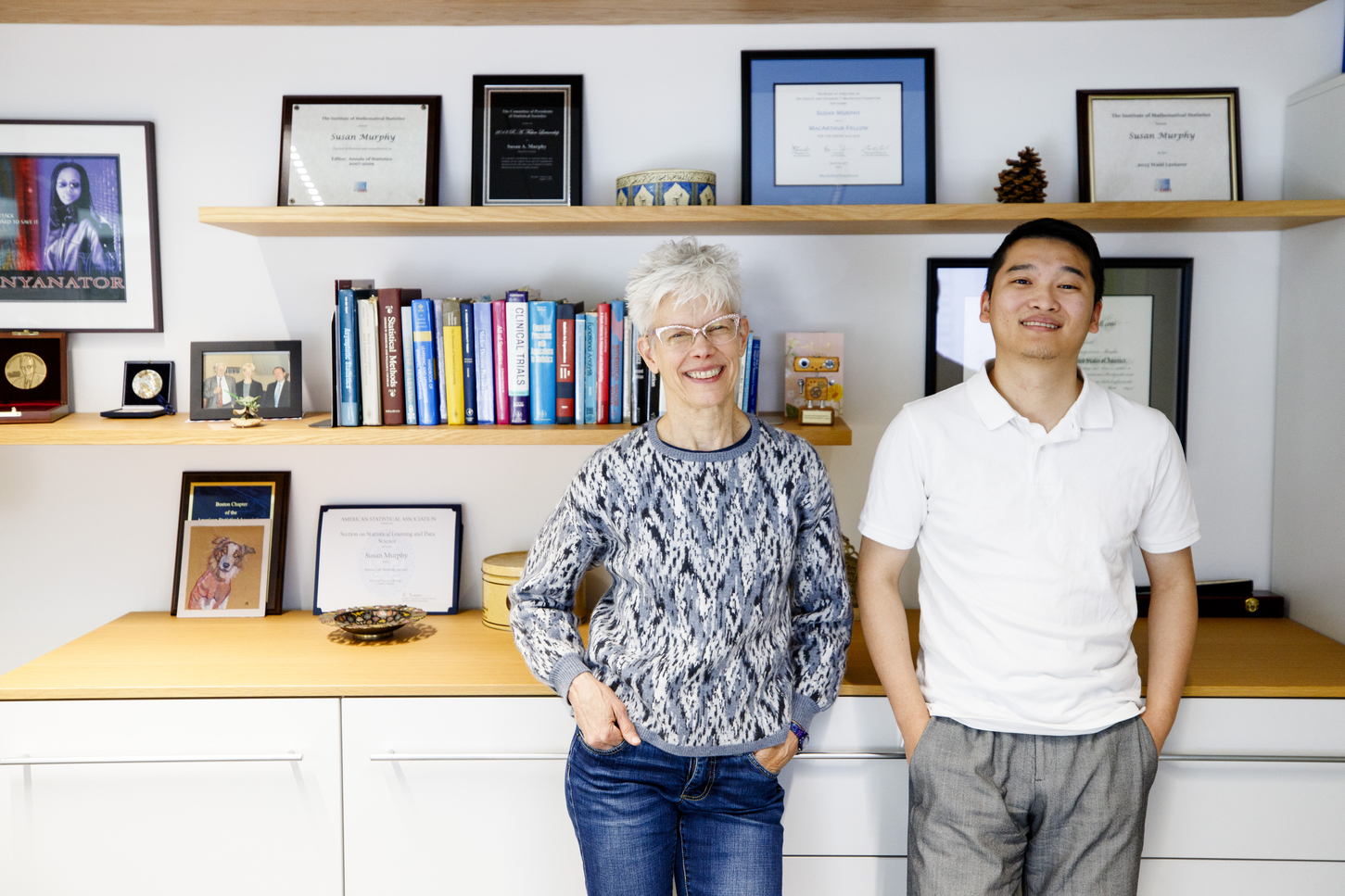Change in human behavior is an inevitable part of our existence, shaping our lives in ways often beyond our control. In today’s ever-evolving world, embracing change becomes essential for personal growth and resilience in change. Whether through intentional actions like setting goals or in response to unexpected life events, we constantly adapt and evolve. The importance of change cannot be overstated, as it drives us to confront our biases, develop emotional maturity, and enhance our relationships with others. Understanding this dynamic nature of human behavior can help us navigate life’s challenges and thrive in an unpredictable environment.
Human behavior is dynamic, reflecting our adaptability to various life circumstances and societal shifts. This phenomenon can be understood through the lens of emotional evolution and personal transformation, highlighting how our experiences mold our actions and reactions. The significance of acknowledging our ability to change lies in empowering ourselves to enhance our lives and relationships. This exploration of behavioral evolution invites us to recognize the dual forces of resistance and acceptance we encounter during periods of transition. As we delve into the complexities of human development, it becomes crucial to understand how we can harness our potential for growth in the face of adversity.
The Role of Embracing Change in Personal Growth
Embracing change is not merely a catchphrase; it’s a cornerstone of personal growth and development. The ability to adapt positively to new circumstances leads to better emotional and psychological resilience. When individuals acquire the mindset that change is part of life, they open themselves up to learning opportunities and personal enrichment. Research into human development shows that those who actively pursue change experience higher levels of satisfaction and fulfillment, navigating life’s challenges with an enhanced capacity for overcoming adversity.
Moreover, the importance of change cannot be understated, particularly regarding the disillusionment some experience in their lives. Faced with barriers or setbacks, people can either retreat and become cynical, or they can choose to reframe their experiences, seeing them as catalysts for growth. This perspective not only helps in mitigating negativity but also strengthens one’s resolve to improve, thus forging the path towards personal growth.
Understanding the Complexity of Change in Human Behavior
The change in human behavior is a nuanced process influenced by various social, psychological, and biological factors. Factors such as temperament and personality can affect one’s willingness to embrace change. For instance, individuals with a predisposition towards risk-taking may actively seek out new experiences, while others may shy away from unfamiliar circumstances. Understanding this spectrum of human behavior highlights why some people thrive amidst change, while others resist it.
Cognitively, humans are wired to prefer stability. This natural inclination for permanence often leads to ambivalence towards change. However, acknowledging that change is inevitable can help individuals develop resilience. The podcast highlights insights from experts that emphasize our biological predispositions. By embracing a growth mindset, individuals can learn to navigate these challenges, recognizing that every transition, whether welcomed or resisted, contributes to their overall development.
Resilience: The Key to Thriving Through Change
Resilience plays a critical role in how individuals respond to change. It equips people to confront uncertainties and navigate through tumultuous periods in their lives. Building resilience involves fostering a mindset that views challenges as opportunities for growth rather than insurmountable obstacles. Studies have illustrated that resilient individuals tend to maintain better emotional health and report higher levels of happiness, indicating that their ability to adapt leads to a more fulfilling life.
Moreover, the interplay between resilience and change is essential for personal development. As people face different life stages marked by significant transitions—such as career changes, parenting, or aging—they often draw on their resilience to cope with these changes. The podcast’s insights affirm that resilience does not only help individuals endure the pressures of change but also allows them to flourish in the face of adversity, transforming experiences into avenues of personal enrichment.
The Impact of Disillusionment on Personal Development
Experiencing disillusionment can be a profound catalyst for change. While negative experiences can lead to withdrawal and bitterness, they also have the potential to drive individuals towards a broader understanding of reality. Embracing this complex relationship with disillusionment opens the door for optimistic transformation. Those who engage with their disillusionment are often more capable of developing new perspectives that enhance their growth journey.
Moreover, the phenomenon of disillusionment isn’t confined to individual experiences. Culturally, communities facing collective disillusionment have a unique opportunity to rise from shared challenges. This often results in societal movements that push for greater change and progress. As highlighted in the podcast, facing the truth of disillusionment can empower individuals and groups alike to reshape their circumstances, contributing to robust personal and societal development.
Intentional Change vs. Unconscious Transformation
Change can occur both intentionally and subconsciously. Individuals often embark on deliberate paths to alter aspects of their lives, such as pursuing education or resetting personal goals. These intentional changes typically come from a place of motivation and a desire for improvement. However, subconscious changes frequently arise from lived experiences, evolving as individuals navigate through life’s journeys.
The podcast underscores this dynamic by discussing how personal pain often serves as a significant motivator for intentional change. When people are confronted with dissatisfaction or distress, they are more likely to actively pursue self-improvement. Conversely, positive experiences can sometimes lead to stagnation if individuals feel content. Balancing intentionality with awareness of subconscious transformations is vital for fostering continuous personal development.
Navigating the Fear of Change in Daily Life
Fear of change is a common emotional response that can hinder personal development. This fear often stems from the unknowns associated with significant life transitions. Individuals may hesitate to alter their routines or make bold decisions, primarily because they cannot predict how new circumstances will impact their identities or place in the world. Recognizing this fear is the first step in confronting it, enabling individuals to explore the potential benefits of change.
Encouragingly, the podcast emphasizes that understanding the roots of this fear can transform it into a source of motivation. Instead of viewing change as a threat, reframing it as an opportunity for growth can ease anxiety and foster resilience. By gradually taking steps towards embracing change, individuals can build confidence in their ability to navigate through uncertainty, ultimately enriching their lives.
Embracing Change as a Cultural Paradigm
Culturally, the acceptance of change can shape societal attitudes towards personal development. Societies that embrace adaptive change are often more open to innovation and growth, fostering environments where individuals feel empowered to pursue personal betterment. The self-help industry, which thrives on the concept of positive transformation, underscores the societal belief in the importance of change and resilience.
The podcast illustrates how cultural dynamics around change can be both beneficial and detrimental. While some groups may reject change out of fear, others celebrate it as a pathway to progress. Understanding these cultural narratives is essential for fostering a collective environment that encourages growth and development. By normalizing discourse around change, communities can cultivate resilience and empower individuals to take control of their narratives.
The Psychological Aspects of Accepting Change
From a psychological perspective, the acceptance of change is linked to various mental health outcomes. The resistance to change often correlates with increased anxiety and stress, leading individuals to feel trapped in their circumstances. Conversely, acceptance can enhance coping strategies, fostering greater well-being and happiness. Understanding the mechanics of how we respond to change can illuminate pathways to improvement in mental health.
Engaging in dialogues about change, as showcased in the podcast, allows individuals to share their experiences and develop a collective understanding of acceptance. This supportive environment can lead to healthier coping mechanisms and more adaptive responses to life’s inevitable transitions. Ultimately, the psychological embrace of change promotes a culture of resilience and growth.
How Change Drives Human Development
Change is a fundamental driver of human development, shaping our identities and life paths from infancy through adulthood. The podcast discusses the continuous evolution of individuals, emphasizing that developmental changes occur across all life stages. From childhood to old age, every phase is marked by various transformations influenced by new experiences, relationships, and societal expectations.
Recognizing change as a central aspect of human development paves the way for a comprehensive understanding of our journeys. It encourages individuals to view their lives as dynamic narratives rather than static stories, where change plays a significant role in shaping who they become. Embracing this understanding can lead to a rich, fulfilling life where personal growth is celebrated as a necessary and inevitable component of the human experience.
Frequently Asked Questions
How does embracing change contribute to personal growth?
Embracing change is crucial for personal growth as it encourages individuals to step out of their comfort zones, explore new opportunities, and develop resilience. When we accept change, we foster adaptability and learn to navigate life’s challenges more effectively, ultimately leading to greater self-awareness and fulfillment.
What is the importance of change in human development?
The importance of change in human development lies in its ability to shape experiences and perspectives across various life stages. Change drives learning and adaptation, allowing individuals to evolve emotionally, psychologically, and socially, fostering a deeper understanding of themselves and the world around them.
How can one build resilience in change during difficult times?
Building resilience during times of change involves cultivating a positive mindset, seeking support, and maintaining realistic expectations. Practicing self-care, developing problem-solving skills, and viewing challenges as opportunities for growth can significantly enhance one’s ability to cope with and thrive despite adversity.
What are some strategies for personal growth through change?
Strategies for personal growth through change include setting clear goals, practicing mindfulness, surrounding oneself with supportive individuals, and reflecting on experiences to learn from them. Engaging in continuous education and seeking feedback can help individuals adapt to change and experience transformative growth.
Why is it essential to understand disillusionment in the process of embracing change?
Understanding disillusionment is essential in embracing change because it allows individuals to recognize and confront the emotional barriers that may hinder their growth. By acknowledging feelings of disappointment or confusion, individuals can reframe their perspectives, foster resilience, and ultimately use disillusionment as a catalyst for positive transformation.
How does the fear of change impact human behavior?
The fear of change often leads to resistance in human behavior, causing individuals to cling to familiar routines or beliefs despite potential benefits. This reluctance can stall personal development and inhibit opportunities for growth, as embracing change is a fundamental aspect of evolving throughout life.
What role does self-acceptance play in navigating change for personal growth?
Self-acceptance plays a vital role in navigating change as it enables individuals to recognize their strengths and weaknesses without undue criticism. When individuals accept themselves, they are more likely to engage in change constructively, leading to personal growth and enhancing their overall well-being.
How can societal change influence individual behavior and personal growth?
Societal change can greatly influence individual behavior and personal growth by altering norms, values, and expectations. As society evolves, individuals often adapt by re-evaluating their beliefs, which can lead to enhanced empathy, broadened perspectives, and personal growth through increased awareness of diverse experiences.
What are the psychological benefits of accepting change in one’s life?
Accepting change in one’s life offers numerous psychological benefits, including reduced anxiety, increased resilience, and enhanced emotional stability. Individuals who accept change tend to experience greater life satisfaction as they learn to adapt effectively, view challenges positively, and develop stronger coping mechanisms.
Can you provide examples of how implicit biases can change over time?
Implicit biases can change over time through exposure to new experiences, diverse perspectives, and conscious reflection. For instance, societal shifts in attitudes towards gender and race have contributed to a notable decrease in implicit biases, as individuals become more aware of social injustices and inclusivity, leading to personal growth.
| Key Aspect | Description | |
|---|---|---|
| Change is Inevitable | Change is a constant in life, and resisting it can lead to suffering. | |
| Intentional vs Subconscious Change | People can pursue change intentionally, but much of it also happens subconsciously. | |
| Disillusionment | Disillusionment can lead to bitterness or deeper understanding and thriving. | |
| Cultural Views on Change | Societal beliefs shape how people view their ability to change, impacting their willingness to embrace it. | |
| Bias and Change | Even implicit biases can change over time with new experiences and shifts in societal norms. | |
| Fear of the Unknown | Many individuals fear change due to uncertainty about their new identity or circumstances. | |
| Life Stages and Change | Significant life events and aging can provoke inevitable changes in perspective and behavior. | |
| Self-Acceptance and Improvement | There is a balance between striving for improvement and accepting oneself. | |
Summary
Change in human behavior is an ever-present phenomenon that reflects our capacity to evolve continuously throughout life. While individuals often seek to change intentionally, much change occurs organically through experiences. The discussions highlight that embracing change can lead to personal growth, resilience, and deeper understanding. Yet, many people face barriers to change due to fear and ingrained biases. Acknowledging our capabilities and actively striving for self-improvement, while also accepting our current selves, can significantly impact our ability to navigate life’s transformations. As we enter a new year, recognizing the importance of change in human behavior can inspire us to pursue a more fulfilling and adaptive life.









